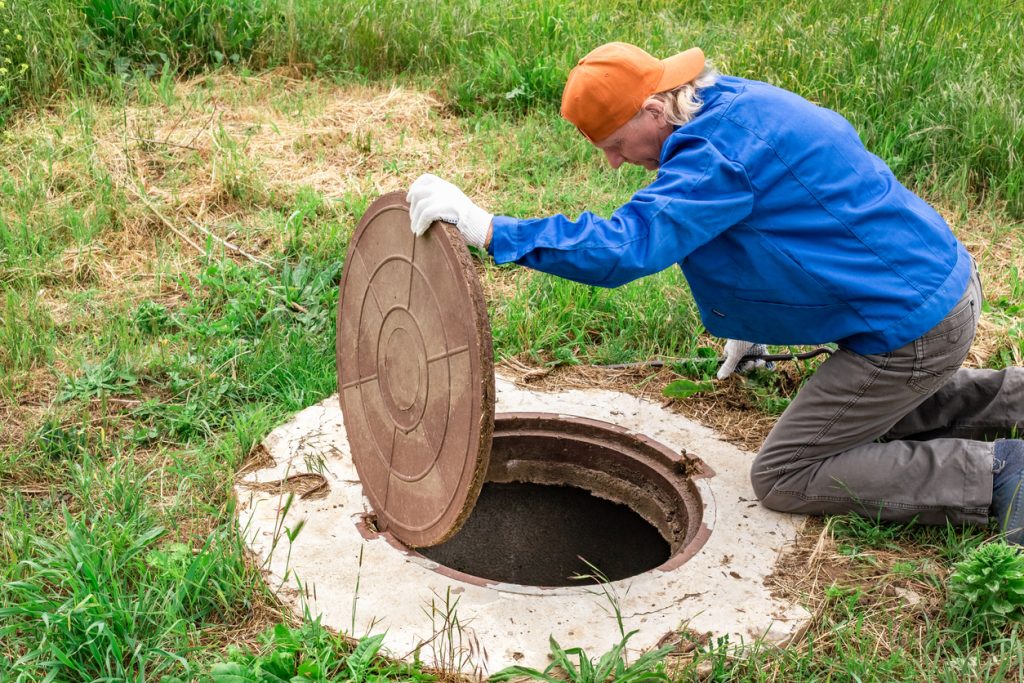Septic system issues can lead to unpleasant side effects like sewage backing up into your drains and foul, lingering odors. The key to keeping your septic system in great shape for as long as possible is investing in routine expert maintenance. Here are a few easy-to-spot signs that something is going wrong in your home’s septic system.
Water Pooling in Yard
Standing water or flooding in your yard is often a sign your septic system is leaking or struggling to keep up with its load. You may occasionally find excess water after a particularly heavy rainfall. Too much rain can saturate the drain field and stop your system from efficiently draining away treated water. Try using your septic system less in the following days to give it a chance to catch up. However, if you’re frequently struggling with flooding, it’s best to call for a professional to check the system.
Rotten Egg Odor
Nasty sewage smells usually point to a backup of wastewater in the drains. In some cases, it may mean your toilet’s wax seal has dried out or there’s a dry trap in a floor drain. An expert will be able to test your plumbing lines to find the source of the issue.
Sewage in Tubs and Drains
If your tank or drain field is full, there’s a chance that waste or black sludge may find its way back into your home. Waste that enters your septic tank is separated into solids and liquids. The wastewater is then sent out to the drain field where it’s absorbed into the ground. When your tank takes on too much too fast, it can become overloaded. This issue is more likely to happen with older tanks and systems that aren’t well-maintained.
Slow Drainage
Slow drains point to a blockage in the pipe itself. Avoid trying to remove it with do-it-yourself snakes or harsh cleaners. Volatile chemicals can disturb the helpful bacteria in your septic tank and cause worse problems in the future. All plumbing issues should be dealt with by a certified plumber with the right equipment and experience.
Spongy Grass Growth Near Tank
While it’s not irregular for the grass above your tank to die, it’s a red flag if it’s thriving far more than the rest of your yard. This could mean liquid wastewater is leaking somewhere along the plumbing line before it reaches the drain field. Once it escapes, it acts as a fertilizer that introduces harmful bacteria to the ground close to your home.
Importance of Maintenance
Your septic tank needs a professional inspection at least once a year and a pumping every three to five years. Regular service will allow you to catch damage, rust, cracks, and other issues early before they harm your property. Call Brown Aerobic to learn more about our septic maintenance services in Houston, TX.

